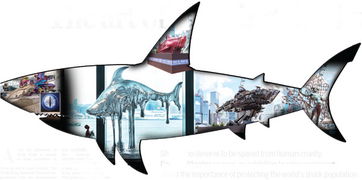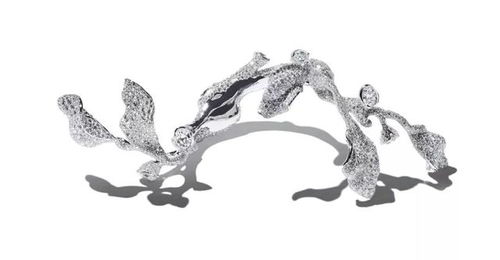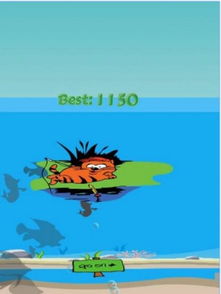Developing Your Fishing Skills: A Comprehensive Guide to Enhancing Your Technique
Fishing is an art form that requires patience, skill, and a deep understanding of the water and its inhabitants. Whether you're a beginner looking to cast your line for the first time or an experienced angler aiming to refine your technique, there are several strategies you can employ to become a master of the sport. Here's a comprehensive guide to help you develop your fishing skills to perfection.
Start with the Basics
Before you can begin to refine your technique, it's crucial to understand the fundamentals of fishing. This includes:
Choosing the Right Equipment: Selecting the appropriate rod, reel, line, hooks, and lures is essential for success. Research the species you're targeting and choose gear that matches their preferences and habits.
Learning to Cast: The cast is the foundation of fishing. Practice casting in a wide open space to get a feel for your rod's weight and how to control it. Pay attention to your grip, stance, and the timing of your cast.
Reading the Water: Observing the water's surface can give you valuable clues about the fish's location and behavior. Look for signs like ripples, surface disturbances, or fish activity.
Study the Species
Different fish species have unique habits and preferences. To improve your chances of catching fish, study the following:
Habitat: Where does the fish live? Understanding the fish's preferred environment can help you find them. For example, bass are often found near structure, while trout may be found in clear, cold streams.
Feeding Patterns: What does the fish eat? Knowing the fish's diet can help you choose the right bait or lure. Observe the water for signs of feeding, such as fish rising to the surface.
Seasonal Changes: Fish behavior can change with the seasons. In the spring, they may be spawning, while in the summer, they may be more active in the morning and evening.
Practice Your Technique
Improving your fishing technique takes practice. Here are some key areas to focus on:
Trolling: Learn to troll effectively by understanding the speed and depth at which to present your lure. Practice with different lures and speeds to see what works best.
Fishing from a Boat: If you fish from a boat, practice boat control and casting techniques to ensure you can cast accurately from a moving vessel.
Fly Fishing: Fly fishing requires a different set of skills, including casting a fly rod and presenting the fly to the fish. Take lessons from an experienced fly fisher or join a local fly fishing club.
Join a Community
Connecting with other anglers can provide invaluable insights and advice. Consider the following:
Fishing Clubs: Join a local fishing club to meet fellow anglers and learn from their experiences.

Online Forums: Participate in online fishing forums where you can ask questions, share tips, and learn from the experiences of others.
Workshops and Seminars: Attend workshops and seminars hosted by experienced anglers or fishing guides to gain new skills and knowledge.
Keep a Journal
Maintaining a fishing journal can help you track your progress and identify areas for improvement. Record the following:
Date and Location: Where did you fish, and what conditions were like?
Equipment Used: What type of rod, reel, line, and lures did you use?
Fish Caught: What species did you catch, and how did you catch them?
Lessons Learned: What did you learn from each fishing trip, and how can you apply these lessons in the future?
Stay Patient and Persistent
Fishing is a sport that requires patience. Don't get discouraged if you don't catch fish right away. Keep practicing, and you'll improve your skills over time.
By following these steps and dedicating yourself to the craft, you'll be well on your way to mastering the art of fishing. Happy fishing!












